Future of the carbon tax
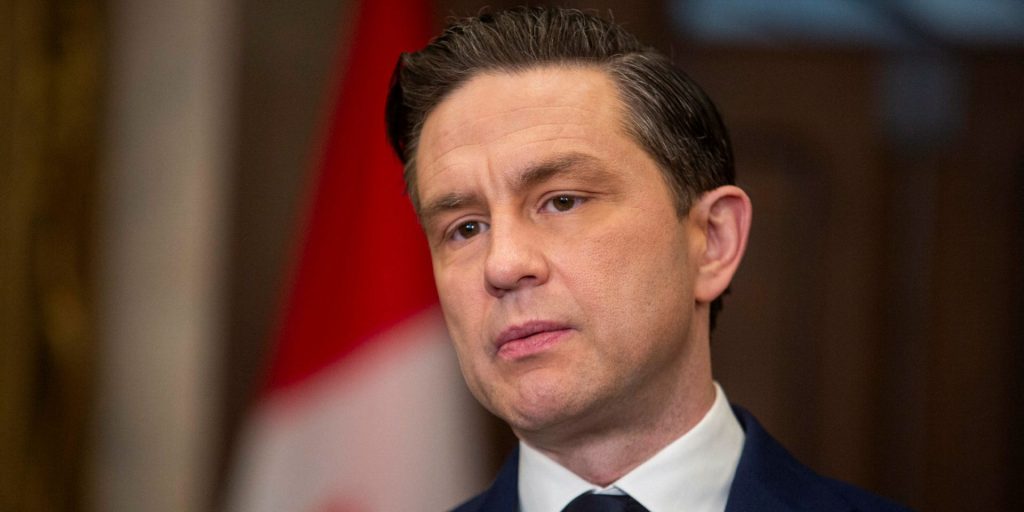
The world’s leading climatologists agree that, unless there is an extremely larger effort to cut emissions, it will be next to impossible to do so sufficiently in the following few years in order to not reach 450ppm and go beyond.
What’s next for climate policy after carbon pricing?
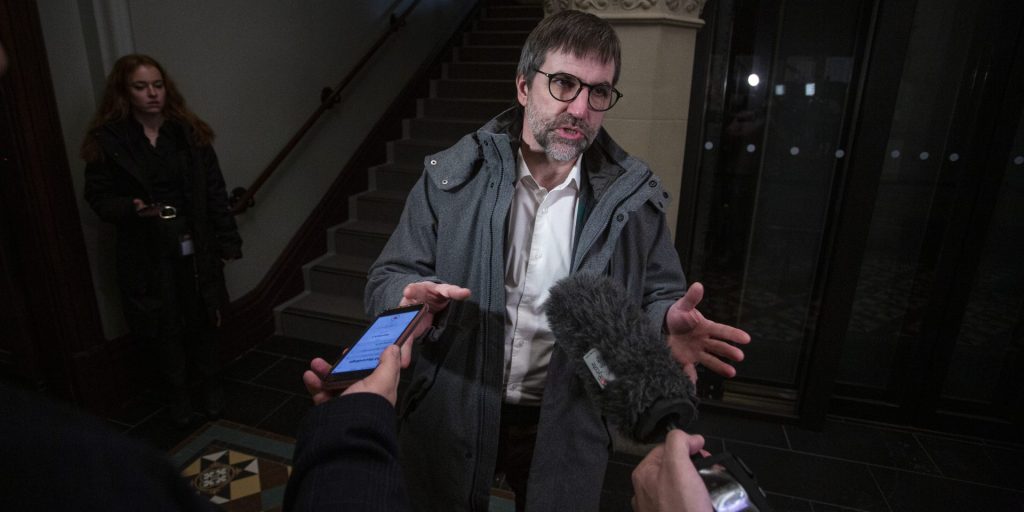
Abandoning the consumer carbon price frees up political space to recommit to policies that will address the climate crisis and the critical issues facing Canadians.
Farewell, consumer carbon tax

Canada needs predictability on environment and economic policies to create a competitive advantage over the chaos being generated by the U.S. administration. That should begin by specifying what will replace the consumer carbon tax and how all the many aspects of climate policy will work synergistically to protect the environment and strengthen the Canadian economy.
Facing tariffs, Canada has a clever, cleaner trade-compliant tool to support its steel and aluminum industries
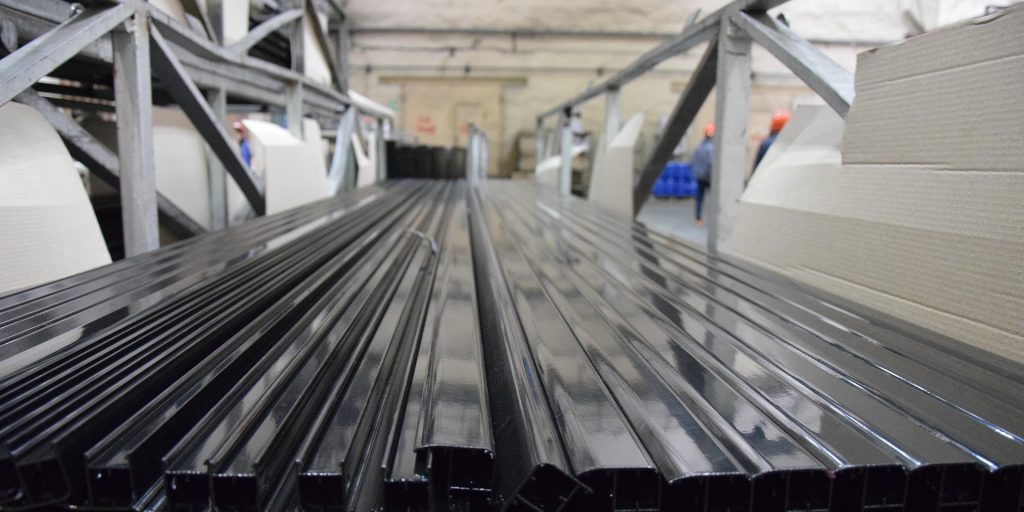
The time is ripe for the import of good ideas. While Trump pulls back from policies that are already supporting clean, domestic industries in the U.S., let’s help our own steel and aluminum companies by buying clean right here at home.
Competition Bureau’s proposed anti-greenwashing guidelines are all bark, no bite
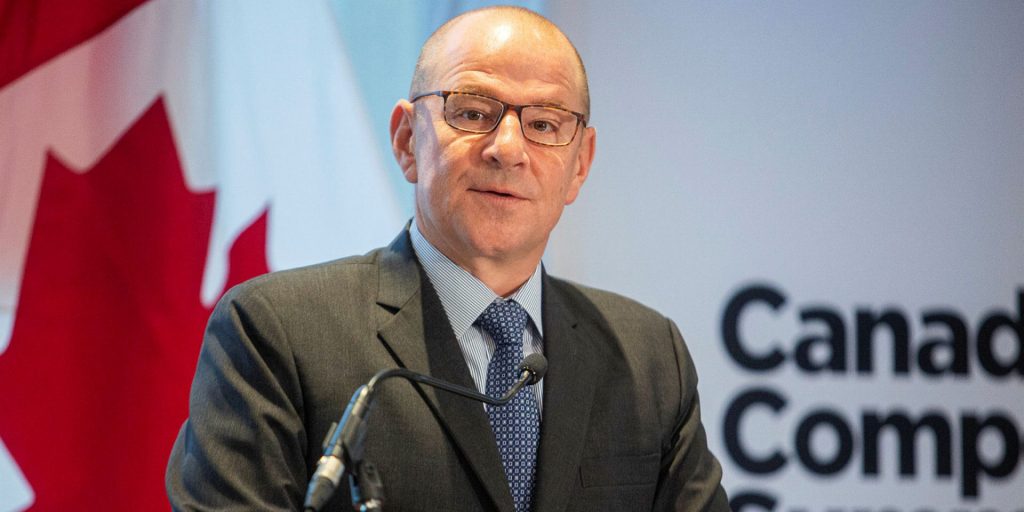
The proposed guidelines signal a loose and flexible enforcement approach that emphasizes business interests over evidence and science.
Trump is coming: quick, build a pipeline!
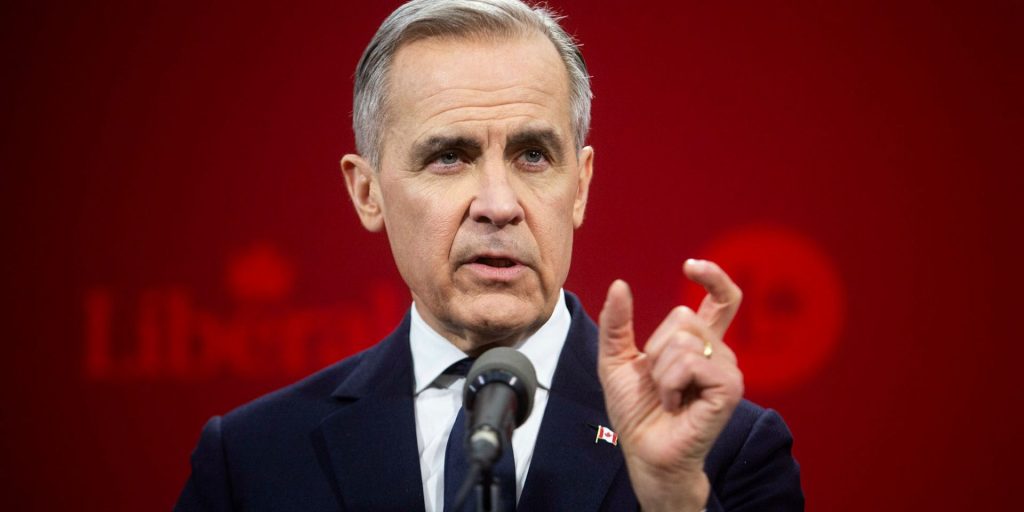
Donald Trump is an all-purpose distraction, a threat on so many fronts, that concern about climate has been temporarily pushed aside. But people still care.
In the heart of Montreal, Liberals look to maintain dominance and avoid repeat of byelection shock
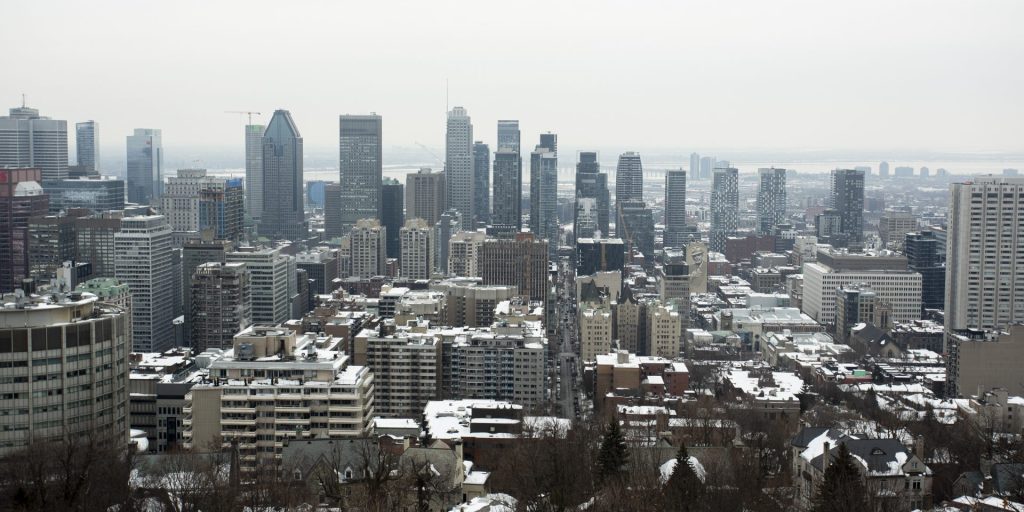
Liberal leadership candidates faced off in battleground Montreal near the epicentre of their September byelection loss.
The growing threat of forever chemicals

The transition to natural refrigerants offers a viable way forward, but there is an urgent need for legislative action and improved regulations to accelerate it. This would help reduce dangerous PFAS pollution, and reduce emissions at the same time, a win for both health and the environment.
Hydrogen sector development: are we really on the right track?
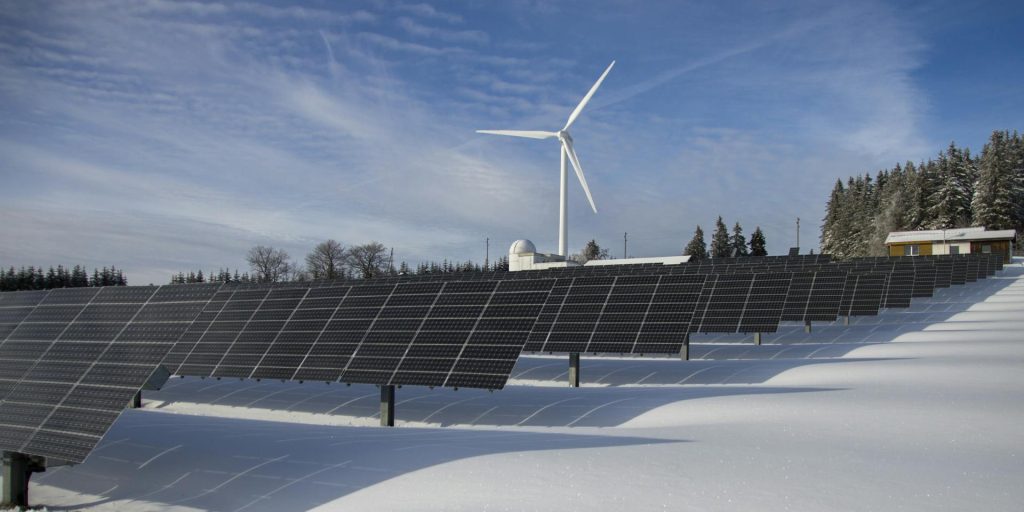
Canada is considered one of the world’s leading countries in the production and use of renewable energy sources, but progress is insufficient for an accelerated transition.
Climate clarity needed: don’t pile up programs, focus on transformations
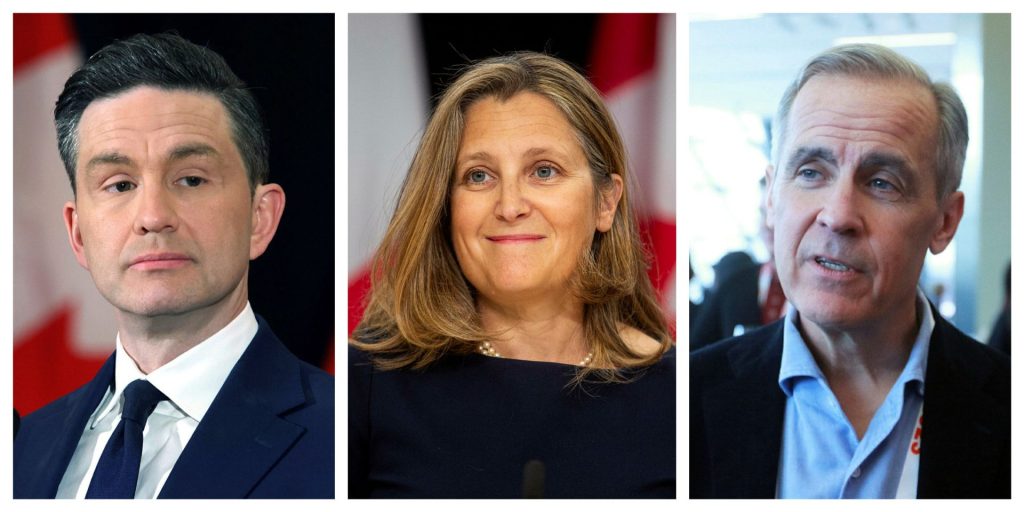
Scrapping the carbon tax would be a tragedy, but it would be a bigger one to add a new program without critically assessing the whole climate action plan.

